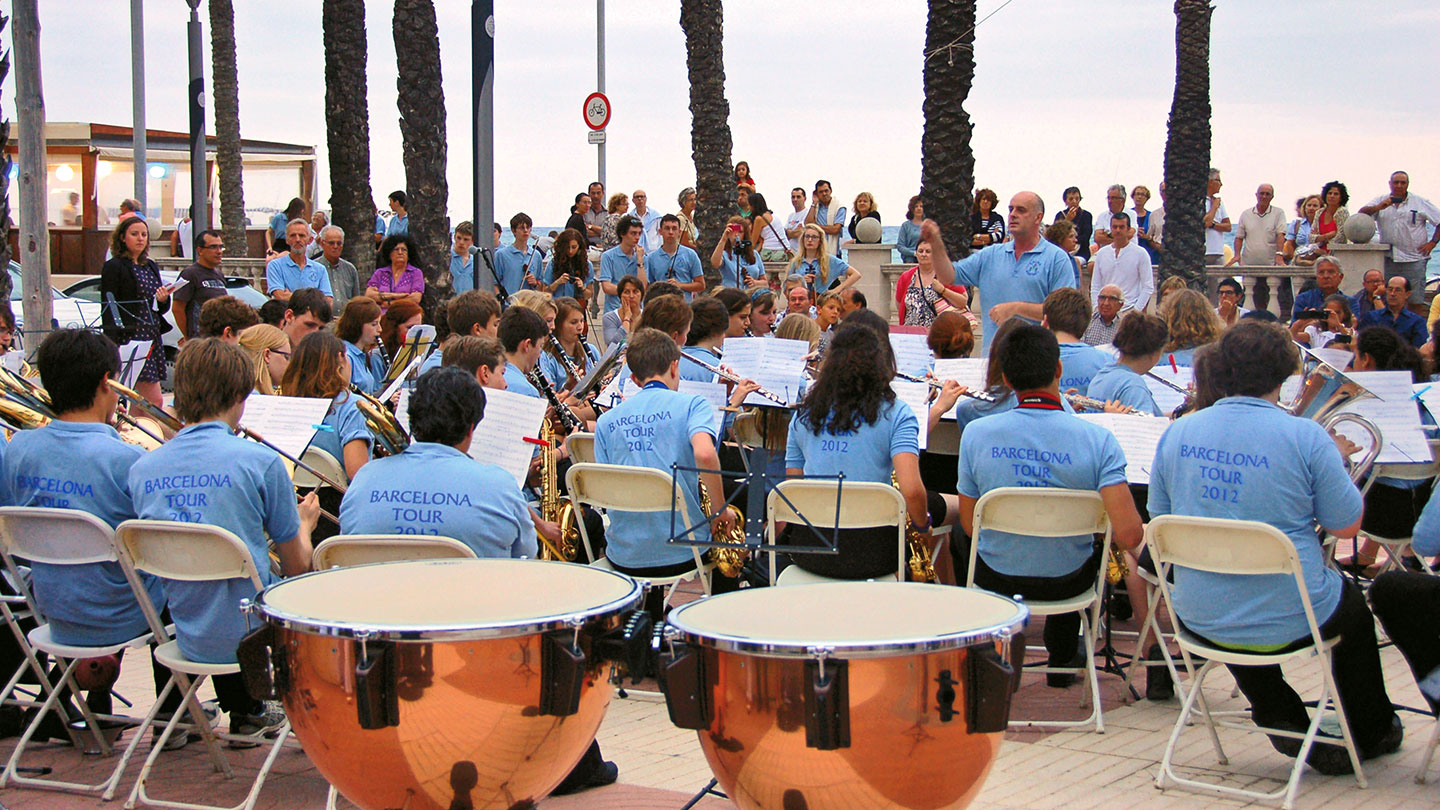
Why Spain is the perfect destination for a concert tour
A concert tour to Spain is brilliant for all ages and groups - from musical museums to rich culture, this country is alive with sound.

Derbyshire Children’s Holiday Centre
Rayburn Tours will be supporting the Derbyshire Children's Holiday Centre by donating £2000 every trimester this year.

Florida Netball Festival 2026
Rayburn Tours and England Netball are thrilled to announce their exciting collaboration for an unforgettable sporting experience at the Florida Netball Festival!

School History Trips to Germany- Munich or Berlin for World War 2 Studies
Planning your next school history trip to Germany? Berlin may be the obvious choice since it’s the capital city and filled with key historic sites linked to the topic; however, Munich can be an...

How to Make Your WW1 Battlefields Trip More Personal and Inclusive to Your Group
A school history trip to the WW1 Battlefields is exciting, shocking, and definitely remarkable. But to make the trip truly unforgettable, make it personal and inclusive to your group. There are many...

Why are school trips important?
There are many benefits to school trips, both locally and internationally. Rayburn Tours has been planning and running school trips for over 60 years, and we know how important it is for young...

What to Bring on a School Trip
Have you wondered what are the things needed for a school trip? Being prepared for when you embark on your tour is all in the planning, and an easy way to do this is making a list of items you need...

60 Years of Rayburn Tours with Chairman John Boyden
John Boyden reflects on his journey as Chairman of Rayburn Tours in this special blog, in celebration of the company’s 60th anniversary.

Geography in the News: March 2025 Edition
The latest edition of geography in the the news is here! Stay up to date with the latest geographical discoveries across the world

60 Years of Travel: Ian’s Legacy in Inspiring Students
Rayburn Tours celebrates its 60th anniversary, honouring the contributions of dedicated staff like Ian Geddes, a Field Study Tutor. In this blog, we highlight Ian’s journey, his impact on the...

Festivals Are On Another Level!
Celebrate music in style! Take part in festivals all around Europe and experience the electric atmosphere. The stage is yours!

Geography in the News: January 2025 Edition
Our second edition of Geography in the news is out now! Find out more about current geographical events happening around the world.
